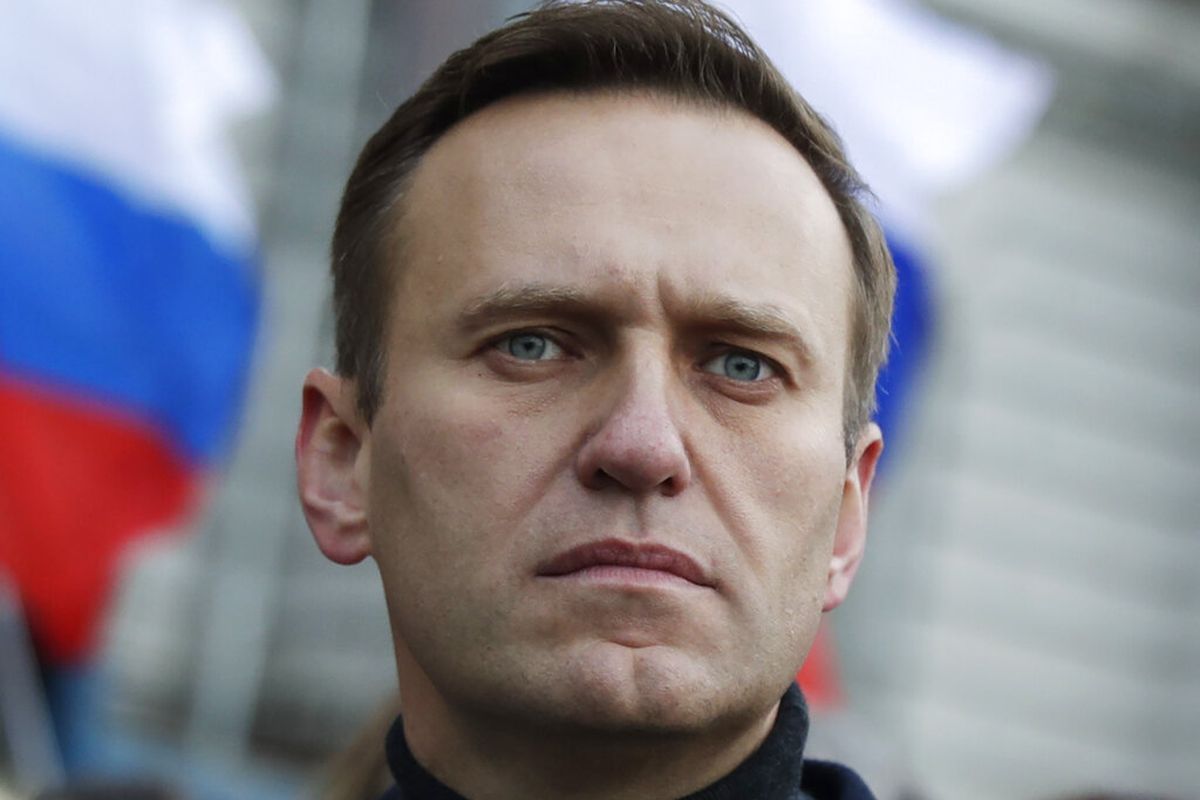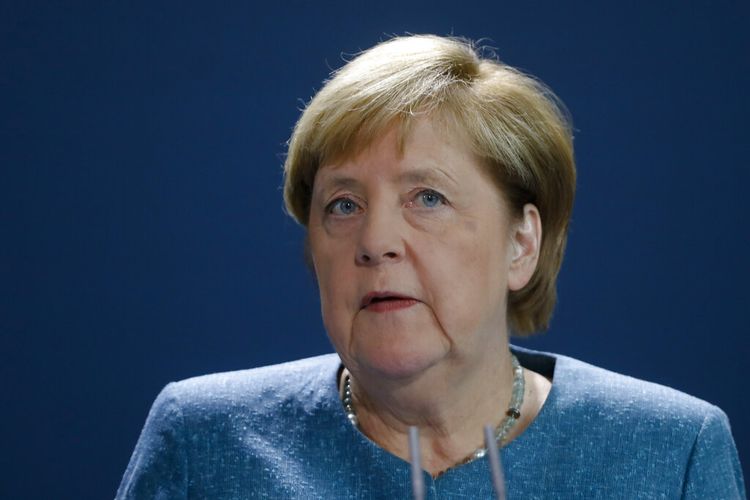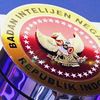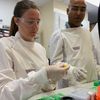Alexei Navalny Novichok Finding Sparks Outrage among Western Leaders

It was famously used against ex-double agent Sergei Skripal in Britain in 2018, an assassination attempt that the West believes was ordered by the Kremlin despite Russia's denials.
Navalny fell ill after boarding a plane in Siberia last month, with aides saying they suspect he drank a cup of spiked tea at the airport.
Read also: Russia’s Alexei Navalny in Intensive Care after Suspected Poisoning
He was initially treated in a local Siberian hospital, where doctors said they were unable to find any toxic substances in his blood, before he was flown to Berlin for specialized treatment on August 22.
The Kremlin, which has previously questioned the credibility of German doctors, said Russia was ready to cooperate fully.
Russia's embassy in Berlin said in a statement: "We call on our partners to avoid any politicization of this incident and to rely solely on credible facts, which we hope will be delivered as soon as possible."
The Charite hospital that has been treating Navalny reported improvements in his condition.
But the charismatic Yale-educated lawyer, who has been Russia's leading opposition politician for around a decade, is still in the intensive care unit and remains on a ventilator.
Read also: Alexei Navalny Given Protection in German Hospital after Likely Poisoning
Doctors say that over time the body can clear out the nerve agent, which disrupts communication between the brain, the main organs and muscles.
"Recovery is likely to be lengthy. It is still too early to gauge the long-term effects which may arise in relation to this severe poisoning," added the hospital.
Skripal, Litvinenko poisoning
Relations between the European Union and Russia are particularly sour at present, the two sides at odds over a host of issues from Russia's annexation of Crimea, its backing of Syrian leader Bashar al-Assad, as well as alleged election meddling.
The EU has had sanctions targeting whole sectors of the Russian economy in place since 2014.
Two years ago, the Kremlin was also accused of being behind the attempted murder of ex-double agent Skripal and his daughter Yulia in Salisbury, southwest England, using a Novichok nerve agent.



































